detail profile radoslav rale milenkovi c4 87
Peran Yang Di Mainkan Radoslav 'Rale' Milenković
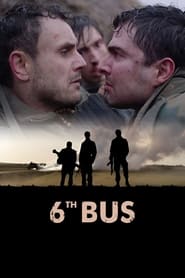 A young American is trying to...
A young American is trying to...Sixth Bus 2022
A young American is trying to find a man from her past, but he is never to be found, during the largest conflict on European soil since World War II – the battle of Vukovar. It is a search of identity and truth at a place where truth is selective, elusive, and even feared. A quest for faith, connection, and redemption simmers beneath the search.
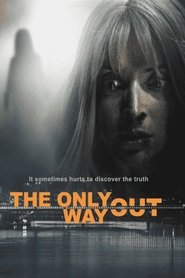 Six years after her husband a...
Six years after her husband a...The Only Way Out 2021
Six years after her husband, a prominent Belgrade lawyer, died in a fire, Anja Kolar receives information that makes her question everything she thought she knew about the accident and about her own family as well. At the same time the sudden death of his best friend's daughter draws police inspector Dejan Strbac into a whirlpool of crimes, starting with the mysterious disappearance of a young female lawyer, which took place six years earlier.
 The story of Rudolf Nureyev whose...
The story of Rudolf Nureyev whose...The White Crow 2018
The story of Rudolf Nureyev, whose escape to the West stunned the world at the height of the Cold War. With his magnetic presence, Nureyev emerged as ballet’s most famous star, a wild and beautiful dancer limited by the world of 1950s Leningrad. His flirtation with Western artists and ideas led him into a high-stakes game of cat and mouse with the KGB.
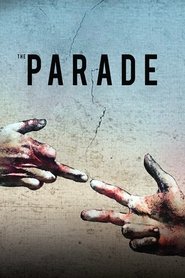 The Parade in a tragicomic way...
The Parade in a tragicomic way...The Parade 2011
The Parade, in a tragicomic way, tells the story about ongoing battle between two worlds in contemporary post-war Serbian society - the traditional, oppressive, homophobic majority and a liberal, modern and open-minded minority... The film, which deals with gay rights issues in Serbia, features footage of the 2010 Belgrade gay pride parade. The film introduces a group of gay activists, trying to organize a pride parade in Belgrade.
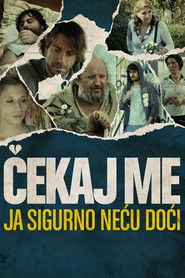 Alek Gordan Kicic is desperate because...
Alek Gordan Kicic is desperate because...Wait for Me and I Will Not Come 2009
Alek (Gordan Kicic) is desperate because Teodora (Milica Mihajlovic) has left him after a three years being together. He is suffering, he is apathetic and is mentioning suicide constantly, he simply doesn't want to accept that the relationship is over. He has self-pitying sessions with his friend Bane (Milos Samolov) everyday. Despite Bane's advice, Alek keeps calling Teodora who has fallen in love with Nemanja (Branislav Trifunovic) in the meantime. However decisive and tough Teodora is when she is with Alek, she is as indulgent and helpless when she is spending time with Nemanja. The problem is that Nemanja is not in love with her but with Marina (Vanja Ejdus), a girl by a few years younger. Unfortunately, Marina is not in love with him, she is very attracted to Alek's "Slavic depression". She doesn't know that reason for his "charm of a desperate" is his failure with Teodora, she thinks Alek was born like that.
 Belgrade Yugoslavia 1979 a mysterious Phantom occupies...
Belgrade Yugoslavia 1979 a mysterious Phantom occupies...The Belgrade Phantom 2009
Belgrade, Yugoslavia, 1979; a mysterious "Phantom" occupies the attention and hearts of Belgrade. Every night, he exhibits spectacular driving maneuvers using a stolen white Porsche car through the city streets.
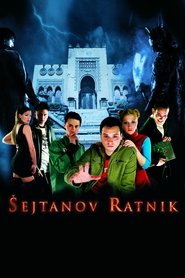 Trouble usually starts when the power...
Trouble usually starts when the power...Sheitan Warrior 2006
Trouble usually starts when the power falls into the wrong hands. That's how the book that hides an ancient evil fell to Stanislav. It does not matter whether Stanislav is a nice guy who helps old ladies cross the street, a psychopath, nerd, or a blood-thirsty young man.
 Belgrade the summer of 1991 Yugoslavia is...
Belgrade the summer of 1991 Yugoslavia is...The Red Colored Grey Truck 2004
Belgrade, the summer of 1991. Yugoslavia is falling apart. Gavran can't get a driving licence because he is color blind. He is a rural Bosnian introvert obsessed with trucks. So, as soon as he is released from prison, he steals a truck to go on a joyride. Suzana, a city girl, discovers she is pregnant, but until she's due for an abortion, she decides to go to Dubrovnik. She hitchikes and Gavran almost runs her over. She is unhurt, but she blackmails him to take her to Dubrovnik. Two people from different worlds, equally removed from the real one. For him she is the first woman he can talk to; for her he is just another idiot to add to the long list of them that she has so far compiled. But the pressure of danger and the intimations of war force them together. The world about them has become so absurd that they seem to each other the only sober people left.
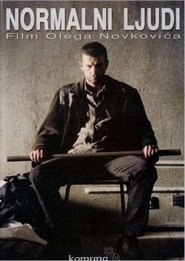 The plot follows Steva who is...
The plot follows Steva who is...Normal People 2001
The plot follows Steva, who is in love with an actress, Duja, who adores his motorcycle, and Bane, who plans to steal the motorcycle. Nikola desperately searches for a job, while Toma is in love with Mira, who is in an abusive relationship and occasionally thinks about Toma. The film highlights the despair and isolation of a generation in the post-war era.
 Men women and war Jelena Panic...
Men women and war Jelena Panic...Premeditated Murder 1995
Men, women, and war. Jelena Panic is a young woman in Belgrade in the early 1990s, during Serbia's war with Croatia; she's making a book of her grandmother's diaries from the end of World War II. She takes up with Bogdan, a young soldier recovering from war wounds. He helps her with her grandmother's story, a tragic triangle involving her effete and well-educated husband and an uneducated major, a Chekist who has, perhaps, the power to save a political prisoner who is the grandmother's friend. As Jelena wonders which man was her grandfather (the Chekist or the husband), Bogdan recovers from his wounds and must decide whether to return to the front. Jelena pleads; duty calls.
 In 1389 the Serbian prince Lazar Hrebeljanovi...
In 1389 the Serbian prince Lazar Hrebeljanovi...Battle of Kosovo 1989
In 1389, the Serbian prince Lazar Hrebeljanović refused to submit to the Turkish Sultan Murat, who was invading Serbia with a large army, in order to continue conquering Europe through it.
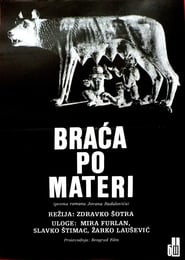 This story about two maternal halfbrothers...
This story about two maternal halfbrothers...Maternal Half-Brothers 1988
This story about two maternal half-brothers, a Croat and a Serb. Although they never met, and both lose their loved ones in ethnic clashes, there is a bond between them. Filmed in 1988, it prophetically forsees the war that would engulf former Yugoslavia three years later.
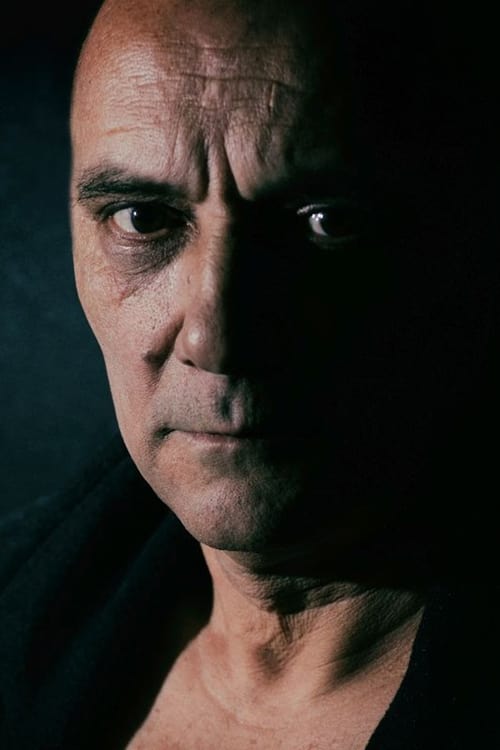
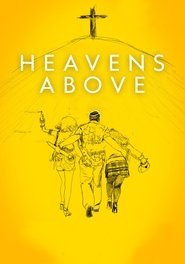 Three stories about the impact of...
Three stories about the impact of...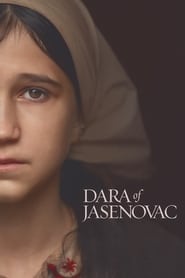 During the Nazioccupied Ustasha regime NDH...
During the Nazioccupied Ustasha regime NDH... The story of a woman who...
The story of a woman who...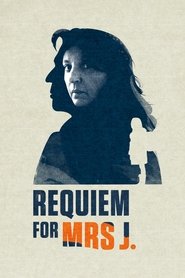 After she lost her husband and...
After she lost her husband and...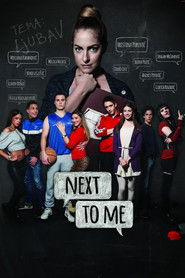 After being attacked by a group...
After being attacked by a group...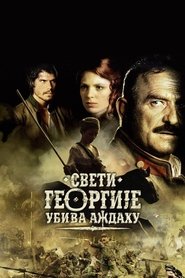 Love triangle story between the village...
Love triangle story between the village...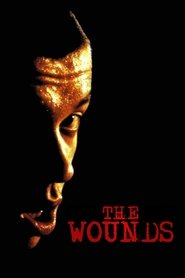 This film follows two Belgrade youths...
This film follows two Belgrade youths...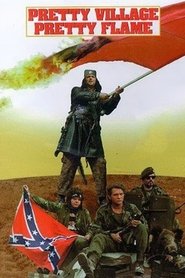 In the opening stages of the...
In the opening stages of the...